Boris Johnson denies lying to the Queen over Parliament suspension
By DW
13 September 2019 |
1:43 pm
UK Prime Minister Boris Johnson denied that he lied to the Queen over his reasons for proroguing Parliament. The five-week suspension was ruled unlawful by a Scottish court.
In this article
Related
Related
10 hours ago
The US has said it secretly delivered long-range ATACMS missiles to Ukraine. This has drawn focus to the debate over providing Taurus cruise missiles, a move the German chancellor continues to oppose.
8 hours ago
Human Rights Watch says 223 civilians were summarily executed by soldiers in a single day in Burkina Faso. Also, heavy rain continues to bring devastation in Kenya's capital Nairobi, with roads turned into rivers. And it's been a year since Ghana started using a new malaria vaccine. Children have received more than two million doses.
11 hours ago
In India's 2024 election, half of the registered voters are women. Yet only a small percentage of them are running for office. In this video, we explore why are there so few female politicians.
11 hours ago
Chinese President Xi Jinping said the US and China should be "partners, not rivals," as a series of issues, including Chinese aid for Russia in its war against Ukraine, continue to separate the countries.
10 hours ago
Earlier reports had suggested ByteDance planned to sell the app, without its powerful algorithm. Earlier this week, US President Biden signed a law that would effectively ban TikTok in the US if it is not sold.
10 hours ago
Over the past two years, the French and Spanish police have been discovering the extent to which rubbish is illegally smuggled across the border. The phenomenon has long plagued Italy, where the mafia organises the trafficking, and is now reaching France and Spain.
Latest
3 hours ago
Find these stories and much more when you grab a copy of The Guardian on Saturday.
7 hours ago
Trump and Duda discussed a range of issues, including Russia's invasion of Ukraine. Ahead of the November US presidential election, Trump is taking time to forge ties with foreign leaders.
7 hours ago
April 22 marks Earth Day, and this year's theme is "Planet vs. Plastics". Over the past 60 years, around 7 billion tons of plastic have been produced, according to the UN. But only around 10 percent of it has been recycled. Initiatives are flourishing around the world to tackle the waste crisis, including new technology to improve recycling rates.
8 hours ago
Guardian Woman Festival: Women's World - Strength in Femininity
8 hours ago
At least thirteen people have died in Nairobi due to serious flooding caused by torrential rains that fell last Tuesday night, the Police reported this Thursday.
×

Get the latest news delivered straight to your inbox every day of the week. Stay informed with the Guardian’s leading coverage of Nigerian and world news, business, technology and sports.





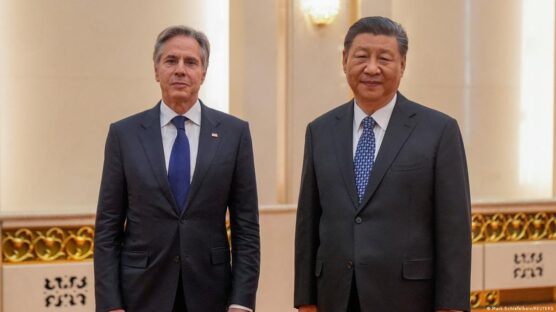

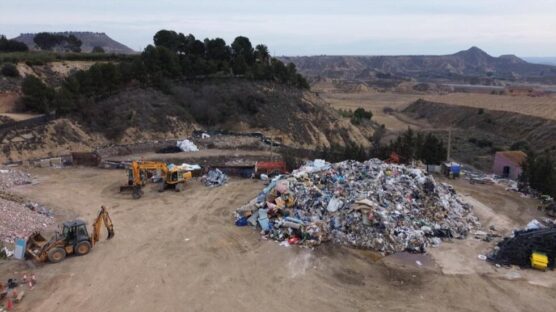




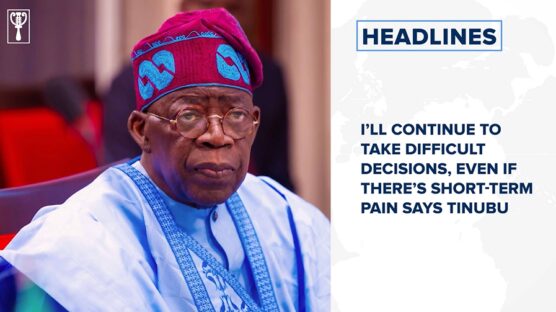
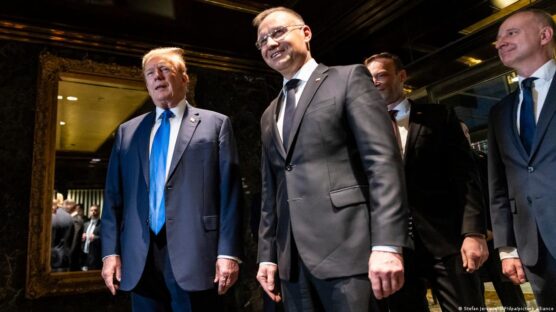



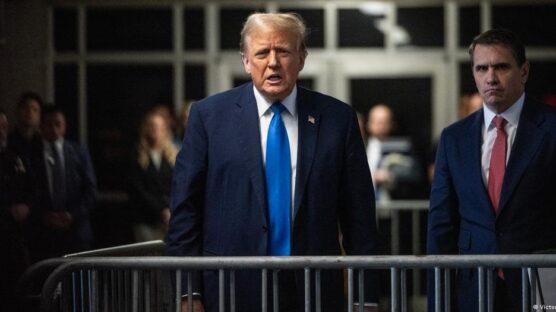
0 Comments
We will review and take appropriate action.